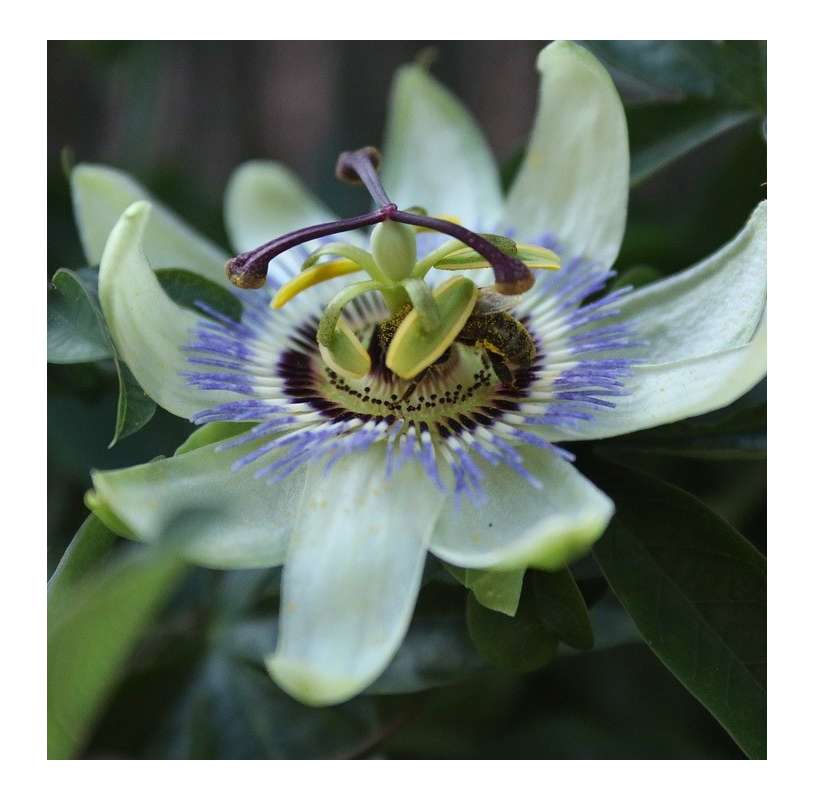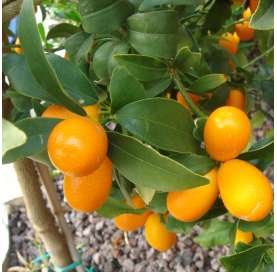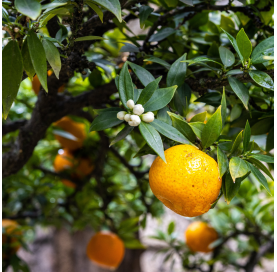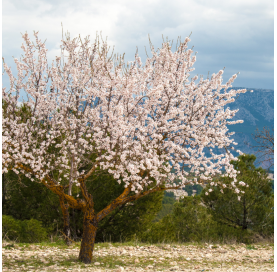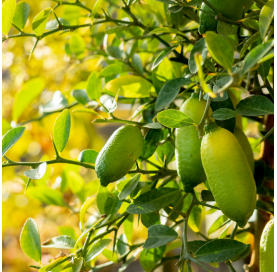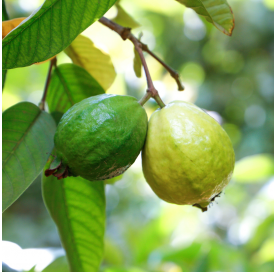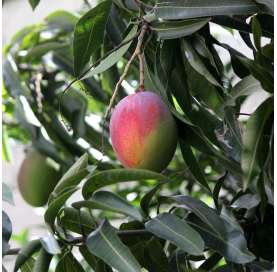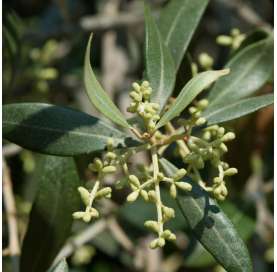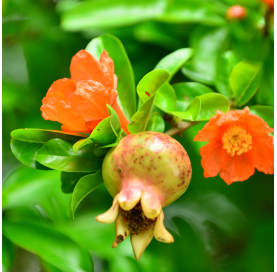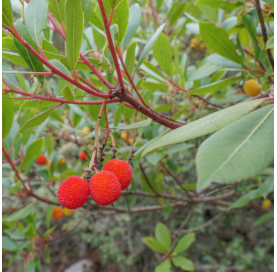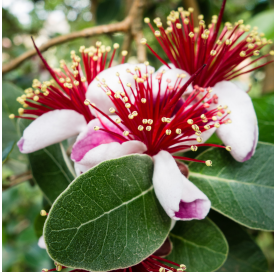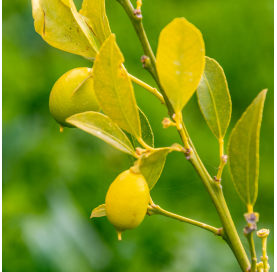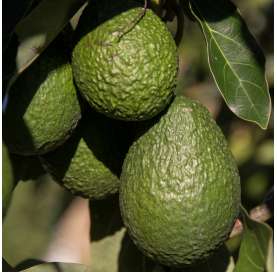Passion Fruit (Passiflora edulis)
The passion fruit (Passiflora edulis) is a perennial climbing plant that produces oval, juicy fruits available in purple or yellow varieties. Native to South America, it is known for its exotic flowers and culinary uses, particularly in juices, desserts, and cocktails. Easy to grow in tropical and subtropical climates, it thrives in full sun, well-drained soil, and regular watering. Rich in antioxidants and vitamins, it serves both ornamental and functional purposes, making it perfect for trellises, vertical gardens, or fences.
 Encrypted payments for greater security
Encrypted payments for greater security
To reduce the plant's time in transit, shipments are made from Monday to Wednesday.


Shipping only to mainland Spain and mainland Portugal
Passion Fruit (Passiflora edulis)
Description
The passion fruit, botanically known as Passiflora edulis, is a perennial climbing plant from the Passifloraceae family. It produces oval or round fruits that can be dark purple (edulis variety) or bright yellow (flavicarpa variety). Its juicy pulp, orange to yellow in color, has a tangy-sweet flavor and is highly prized in culinary and beverage applications.
History and Origin
Native to South America, particularly tropical and subtropical regions, passion fruit has gained global popularity due to its commercial value and use in juices, desserts, and gourmet dishes. The name "Passiflora" refers to the "passion flower," as Spanish missionaries associated the intricate flower structure with the Passion of Christ.
Fun Fact
The passion flower is one of the most exotic and striking flowers in the world, featuring white petals, purple filaments, and a unique central crown. Besides its ornamental appeal, the fruit is widely used in making juices, jams, and desserts and is a rich source of vitamin C, fiber, and antioxidants.
Care
Exposure: Requires full sun for optimal growth but can tolerate partial shade.
Climate: Thrives in tropical and subtropical climates with temperatures between 20-30°C. It does not tolerate prolonged frost.
Soil: Grows best in rich, well-drained soil with organic matter and a slightly acidic pH.
Fertilization: Apply balanced fertilizer every 4-6 weeks during the growing season.
Watering
Frequent: Keep the soil moist but avoid waterlogging. Regular watering is essential during flowering and fruiting to ensure high-quality yields.
Pruning
Frequency: Prune in late winter to remove old, weak, or damaged branches.
Technique: Encourage the growth of new productive shoots and control its size and shape on trellises or pergolas.
Uses
- Culinary: The pulp is used in juices, desserts, salads, and cocktails.
- Ornamental: Its exotic flowers are perfect for decorating vertical gardens, pergolas, or fences.
- Nutritional: Rich in antioxidants, vitamins A and C, and fiber, with calming and digestive properties.
Notes
- Pests: Monitor for potential issues with mites, aphids, or nematodes.
- Propagation: Easily propagated from seeds or semi-hardwood cuttings.
- Varieties:
- Passiflora edulis var. edulis (purple): Sweeter, ideal for subtropical climates.
- Passiflora edulis var. flavicarpa (yellow): More acidic, better suited to tropical climates.
Data sheet
- Name
- Passiflora edulis
- Origen
- Souht America
- Height
- 15-20 m
- Colour
- White, blue and violet flowers
- Flowering
- Summer - autumn
- Location
- Semishade
- Irrigation
- Moderated, keeping the floor humid but without flooding
- Applications
- Climbing plant
- Others
- It can withstand cold
- Note
- Being the product a living plant and depending on the season, this plant could be received, in some cases, not exactly the same as in the photography, but as similar as possible, without impacting on quality of the same.
12 other products in the same category:
-
-
Orange tree - citrus x...€29.00
-
Prunus dulcis - Almond Tree€25.00
-
Citrus microcitrus...€33.00
-
Psidium guajava - Guayaba€24.00
-
Mangifera indica. Mango.€29.00
-
Mini olive tree in clay bowl€23.50
-
-
Strawberry Tree (Arbustus...€23.00
-
Acca sellowiana- Feijoa€19.00
-
Citrus eustis "limequat"€30.00
-
Avocado - Persea Americana.€25.00

 English
English Spanish
Spanish